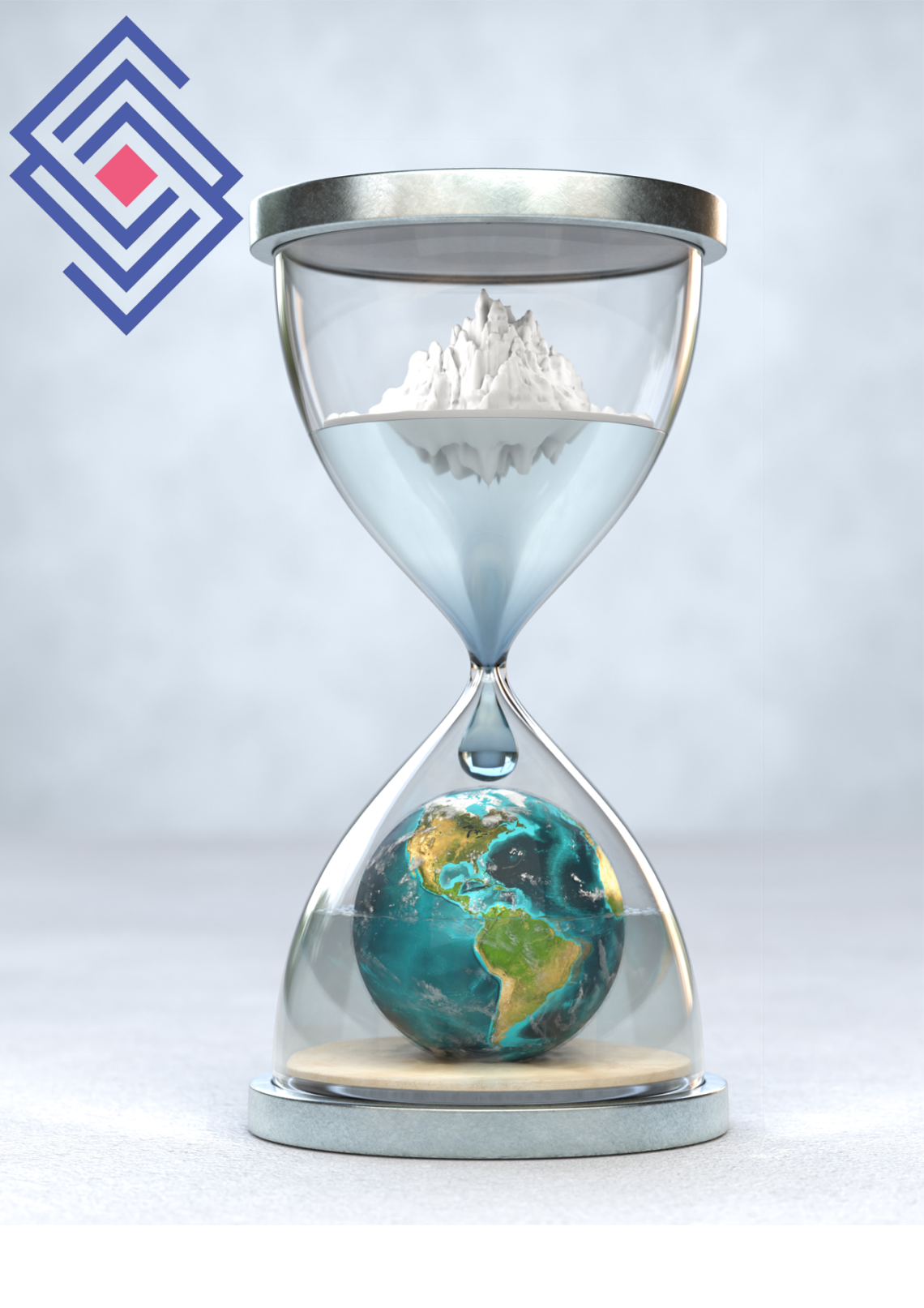Introduction
The phenomenon of climate change has received great international attention because of its direct and indirect impact on all areas of life. With the scientific and technical progress that countries have reached, the international community has become more aware of the need to move to restrain the repercussions of this phenomenon and its negative impact, as the current generation has the means and also bears the responsibility to avoid the dire consequences of the aggravation of climate change.
In Iraq, which is known for its extreme climatic characteristics throughout the year, where the temperature reaches (50) degrees Celsius, climate change has begun to show its features and effects clearly, as almost every month of the year is not without a phenomenon of climate change. There is no doubt that this matter shows its repercussions on the political situation, economy in general and security in particular.
Scientific panel discussions about the effects of climate change in Iraq have often been limited to the environmental and economic aspects, but the focus on the consequences of climate change and its impact on conflicts has not received sufficient attention, as the country suffers from dangerous phenomena that threaten societal peace due to climate change, foremost of which is water scarcity, along with rising temperatures, increasing desertification and rising dust waves. This report highlights the outcomes of the panel discussion held by SUMERIA on the impact of climate change on the outbreak and exacerbation of armed conflicts in Iraq.


